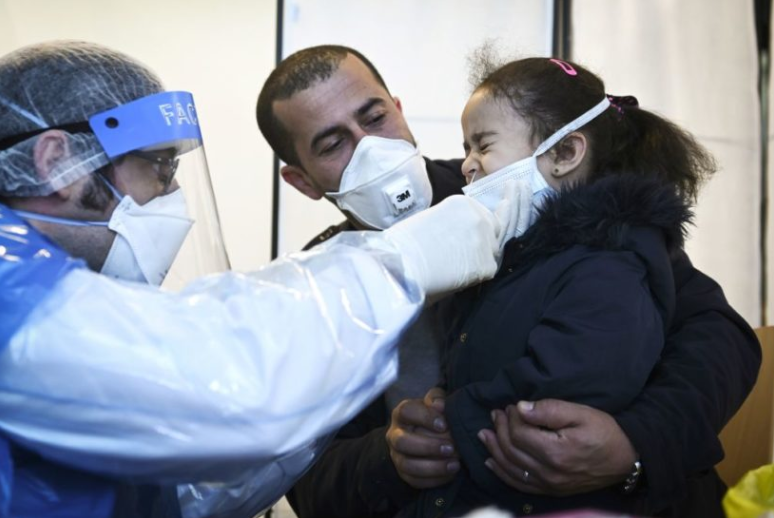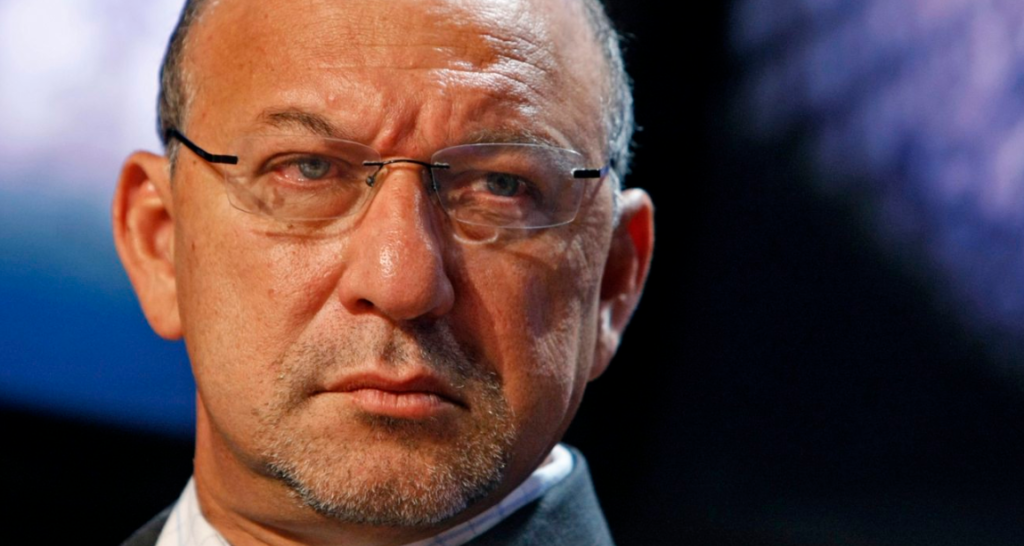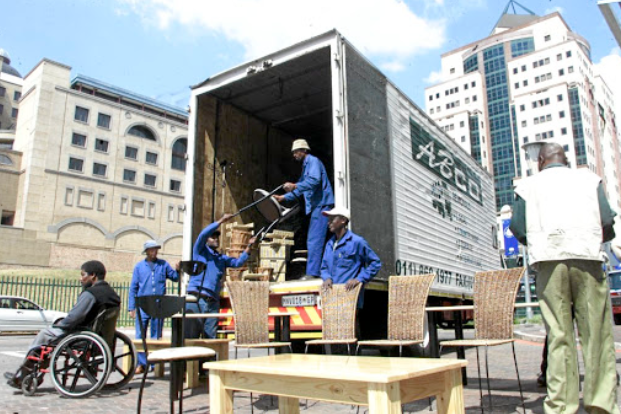level 2.
Modelling by the private-sector umbrella group formed to fight Covid-19 shows that if level 4 continues for a month, with a gradual move to lower levels, the economy will contract 14.5% in 2020. A swift move to level 2 would reduce the contraction to 10% and cut the number of formal sector jobs at risk from 2-million to less than half that. At level 2, 97% of the workforce is allowed to work.
The decision to keep the data confidential has been widely slated by independent experts who say that the more eyes on the data, the more quickly it can be refined and improved.
Wits University health economist Alex van den Heever said: “Data can easily be skewed. Our entire response to Covid-19 is too dependent on government acting on its own. The danger with not releasing data properly is that there is no verification of the level of the outbreak.”
He warned that if it is necessary for people to behave in certain ways, they have to be kept informed. “Public disclosure enables people to make their own decisions in regard to their personal prevention strategies.”
Covid-19 ministerial advisory committee chairperson, Professor Salim Abdool Karim, said that he was not well placed to comment on what the projections, and how they are impacted by eased lockdown restrictions.
“I do not do mathematical modelling, better ask the modellers about the projections. As an epidemiologist, I analyse the available data and trends,” he said.
Health spokesperson Popo Maja said that although uncertainty about transmission rates at the community level remain, as well as when the curve will steepen, the accuracy of predictions is increasing daily with the data that floods in from the field “and the model is being updated regularly”.
An early model, produced by National Institute for Communicable Diseases (NICD) and the South African Centre for Epidemiological Modelling and Analysis (Sacema), which predicted between 87,900 and 351,000 deaths if the government did nothing to stop the spread, was widely criticised.
Former NICD head, professor Shabir Madhi, described it as “flawed and illogical” and said the predictions did not reconcile with data from the field. The predictions were defended by the NICD and Sacema, which said they were based on the scarce data available at the time and were accurate.
Those close to the current modelling project — overseen by the NICD and run by the South African Covid Modelling Consortium — said that projections are easily misconstrued by the public.
The NICD’s Dr Harry Moultrie said this week that the trajectory of the Covid-19 pandemic is not cast in stone, because of the state’s risk-adjusted strategy.
“More recent models include a dynamic
transmission model, which is regularly updated to incorporate new information and data,” he said.
Asked why the model cannot be made public, Moultrie said: “The model is still being refined. It is not ready for release yet.”
A Wits physicist, professor Bruce Mellado — part of a multidisciplinary team that makes predictions on the effect of the virus — said revealing the exact numbers they plot is unnecessary.
“We have a robust mathematical apparatus with which we can estimate the level of the spread with each level of lockdown.”
He said that according to their calculations, SA could control the spread of the virus through lockdown measures, as long as South Africans toe the line.
But health experts said the secrecy of the modelling goes against established principles of testing evidence by peer review.
Professor Landon Myer, of the University of Cape Town’s school of public health and family medicine, called for transparency.
“If there is one massive criticism government is coming in for, it is a lack of transparency about who is getting tested, why they are getting tested and details of the mathematical models they are using.
“The more people look at things, the closer we are to getting it right.”
African Health Research Institute deputy director professor Thumbi Ndung’u said that based on the September-peak model, it is clear SA is “not out of the woods”.
“You definitely do not want that because it means infections are on a continuous upwards trajectory with no sign of them coming down, and could indicate that government’s strategy, which seems to have worked well for now, is not actually working that well.”
Wits health economist Van den Heever said what the country is being told does not make sense.
“Given how early the country locked down, SA should be in the situation South Korea, Taiwan and New Zealand are currently at, in terms of virtually eliminating any new infections. We intervened early and started to bring down the infections, but now we see a rise in new infections. What this shows is our lockdown actually had no effect on new community infections.”
Constitutional law expert Wesley Hayes said: “I fear that should the government fail to act transparently, the good work undertaken by our president at the start of this state of disaster is and will be undone.”
Public accountability advocate Paul Hoffman said withholding the information was unconstitutional.
“Is the public too stupid to know what’s going on? What the department needs to understand is that we live in a participatory democracy, and the constitution enjoins them to be open, accountable and responsible,” he said. “If they say models cannot be made public, they are in breach of the constitution on all three grounds.” — Additional reporting by Claire Keeton
Article by Sunday Times













